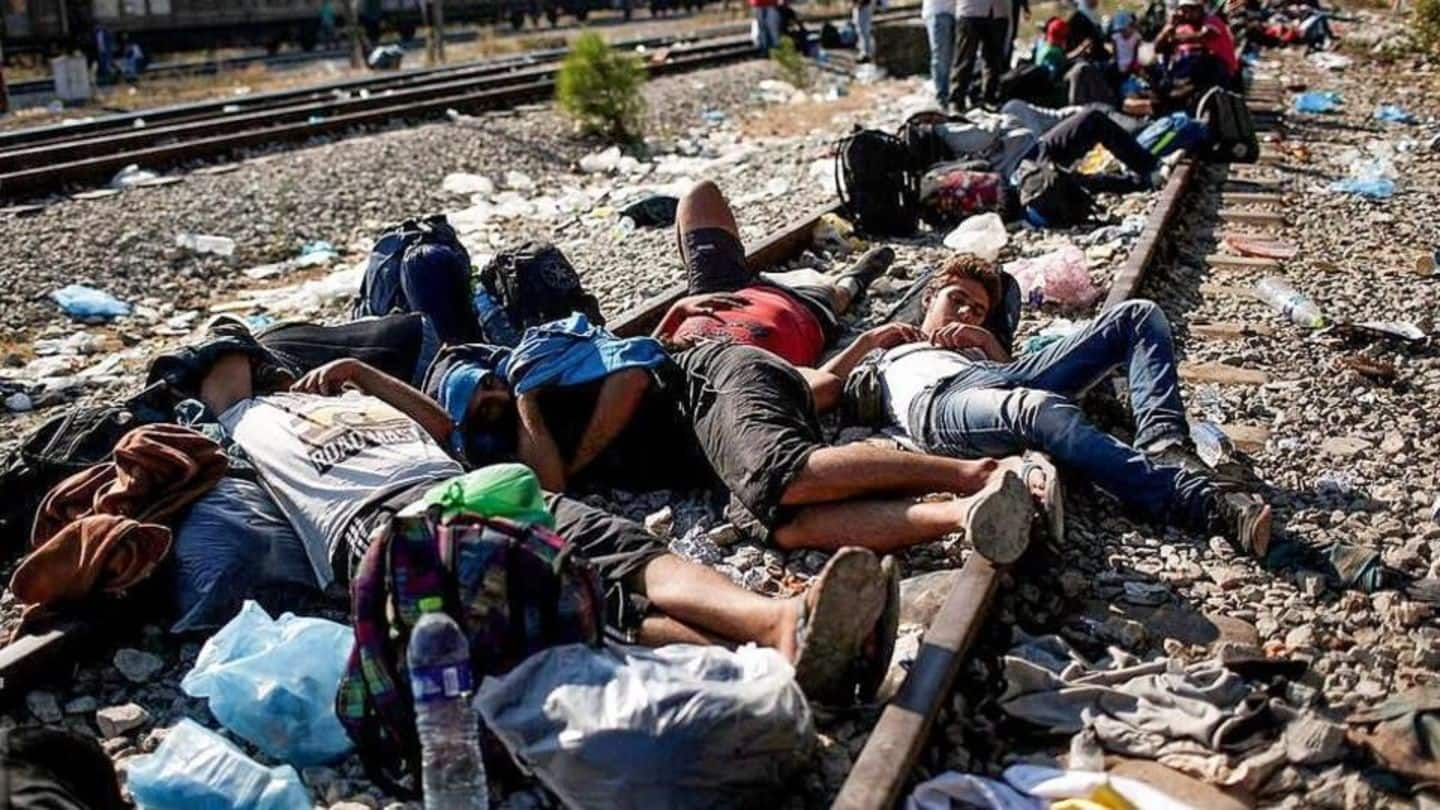
European migrant crisis: EU court rejects challenge from Hungary, Solvakia
What's the story
A European Court has rejected challenges from Hungary and Slovakia against an EU migrant relocation deal. EU officials had maintained that the deal is binding even on those who voted against it, such as Romania, Hungary, and Slovakia. These states had been protesting the deal which mandated member countries to take in a fixed number of asylum seekers since 2015. Here's more about it.
Migrant deal
What has happened so far?
The EU introduced the migrant relocation deal at the peak of the migrant crisis in 2015 to relieve stress on Greece and Italy, the major points of entry. The deal imposed quotas under which member countries were required to take in a fixed number of migrants. Member countries such as Slovakia and Hungary have been strongly against implementing these quotas.
Data
Slovakia and Hungary disobeyed, didn't accept asylum seekers
The deal envisaged to relocate over 1,60,000 asylum seekers across 28 EU member countries. Hungary and Slovakia were to take in 1,294 and 802 asylum seekers, respectively. While Hungary has not accepted a single one yet, Slovakia has only accepted 12 asylum seekers.
Arguments
What did Hungary and Slovakia argue?
Hungary and Slovakia argued that there were procedural mistakes in how the quotas were assigned. They asserted that quotas were not the appropriate way to resolve the migrant crisis. They further argued that the policy exposes them to a threat from Islamist terrorism. Both countries also maintained that they shouldn't have to deal with the crisis since they have nothing to do with it.
Judgement
What did the court say?
The European Court of Justice dismissed actions "against the provisional mechanism for the mandatory relocation of asylum seekers." "That mechanism actually contributes to enabling Greece and Italy to deal with the impact of the 2015 migration crisis and is proportionate," it added. Leaving no doubts over its application to EU member-states, the court further said that the ruling was "final" and couldn't be appealed.
Analysis
The larger picture
In the backdrop of increased terror attacks, sentiments within EU countries have been growing strong against keeping their borders open to asylum-seekers. The verdict indicates that EU member-states are not free of their obligations to take in asylum-seekers. The EU is growing assertive with its migrant policy, further imposing financial penalties on countries, including Hungary and Slovakia for non-compliance with the relocation deal.